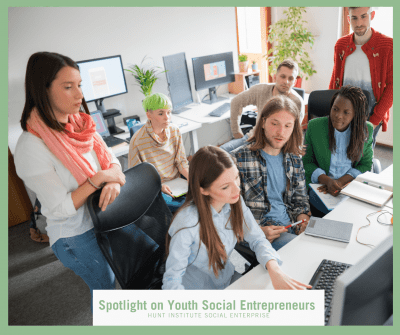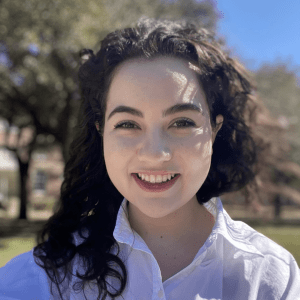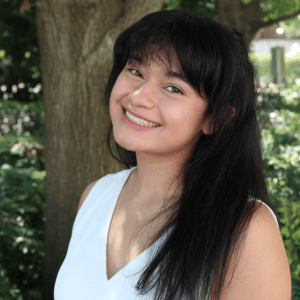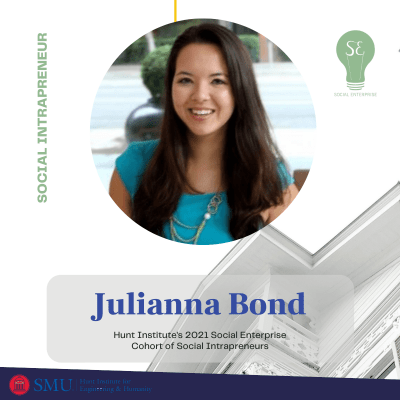This month, we want to shine the spotlight on some young social entrepreneurs that are doing amazing work around the world.
1. David Yeung, Green Monday
Through a multi-faceted approach, Green Monday is working to encourage the widespread adoption of a plant-based diet to combat climate change, food insecurity, and public health issues. The social side of the organization, Green Monday Foundation, raises awareness around the environmental and health impacts of our food choices. The venture side focuses on increasing the supply of sustainable choices through impact investing, food tech innovations, and corporate consulting.
2. Bryan Pape, MiiR
Founded in Seattle in 2010, MiiR sells stainless steel vessels for coffee, beer, wine, and food. A portion of the revenue earned from every product sold is contributed to a project focused on clean water, a healthy environment, or strong communities. MiiR is Climate Neutral certified, a Certified B Corporation and a member of the 1% for the Planet organization. To date, they have granted $1.5M towards 71 projects in 26 different countries.
3. Shreya Shukla, Vatsal Shukla, and Abhinav Jaiswal, Parched Foodworks
Parched Foodworks’ mission is to reduce food waste in India. They provide customers with safe, healthy, versatile, and affordable packaged dehydrated foods straight from the farms of rural producers. They also empower the rural farmers to earn fair value for their produce.
4. Victor Zhu, Jean Chew, and Sharon Li, HATCH
HATCH empowers young adults to find a fulfilling career by offering skill building courses and supporting them through the job hiring process. Since their beginning in 2018, they have impacted 249 students across 7 countries. Through its strong community partnerships, HATCH is able to support all students, regardless of their socioeconomic backgrounds, in taking their careers to the next level.
5. Wawira Njiru, Food4Education
Food4Education was founded to address the child nutrition crisis in Kenya. The organization uses technology to efficiently deliver nutritious, subsidized meals to primary school children. To date, they have supplied 5,000,000 meals, leading to improved nutrition and school performance for these students.
6. Roberto Patiño, Mi Convive
Patiño, an expert in citizen security and conflict resolution, founded Mi Convive, a Venezuelan NGO. Through their violence prevention workshops and victim care network, Mi Convive has helped to reduce violence in over 70 communities in Caracas. They have cared for over 300 victims of violence and trained over 50 community leaders to support their efforts.
As stated in the United Nations World Youth Report, youth unemployment is one great challenge the world is currently facing, particularly in developing countries. Social entrepreneurship is a sustainable solution.
The report further explains, “Fundamentally, youth social entrepreneurship has the potential to act as an inclusive development strategy. It represents both a vehicle for youth development and an outlet for youth engagement in the advancement of the Sustainable Development Goals. In leveraging the talents and capacities of youth, youth social entrepreneurship services the goal of employment while activating youth as agents of change.”
As established above, encouraging youth to pursue the path of social entrepreneurship has many benefits. However, youth entering this field face numerous challenges related to structural factors as well as their individual characteristics. How can we reduce the barriers that youth face in starting social enterprises so that they can contribute positively to society?
To read more about these inspiring young social entrepreneurs, check out the articles they were featured in by The Forum of Young Global Leaders, EcoWatch, and Singapore International Foundation.
To read more about the Hunt Institute’s work to develop future-focused solutions to some of the world’s biggest problems, please click here. For the latest news on the Hunt Institute, follow our social media accounts on LinkedIn, Facebook, and Instagram. We invite you to listen to our Podcast called Sages & Seekers. If you are considering engaging with the institute, you can donate, or sign-up for our newsletter by emailing huntinstitute@smu.edu.













